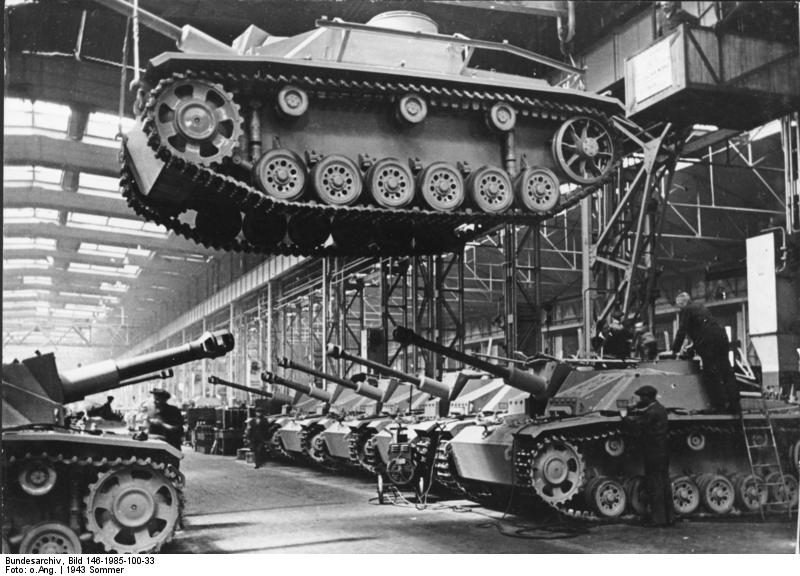Research project
The project explores processes of political mobilisation in the conurbation of the German capital in Nazi Germany. This economic region with 5.3 million inhabitants in 1939 covered an area from Potsdam in the west to Oranienburg in the north and comprised several outstanding military installations. The capital Berlin and the Prussian province of Brandenburg had close administrative ties. Therefore, a network of overlapping and interacting central, regional and municipal institutions was responsible for the regulation of complex economic, social and political developments.
The project focuses on the question of how these political institutions dealt with the challenges of war, e.g. the massive expansion of armaments production, the supply of the civilian population under the stress of aerial warfare, the influx of forced labourers and the control of the workforce as well as the evacuation of industrial plants, central administrations and party offices to the less affected outskirts of Berlin. In order to cope with the growing challenges of total warfare, new means of societal regulation and control were implemented by the political authorities. Drawing on recent research on new forms of governance in Nazi Germany and the concept of mobilisation dictatorship, the research project aspires to offer new insights into the interaction of political mobilisation and social dynamics in the Nazi dictatorship.
Mobilising Society and Economy in the Metropolitan Area of Berlin during the Second World War

Bildinfo
Berlin, Produktion StuG III, Sturmhaubitze 42. Bundesarchiv, Bild 146-1985-100-33 / Unknown / CC-BY-SA 3.0

Bildinfo
Foto: Andy Flischikowski
Thomas Schaarschmidt
Leibniz-Zentrum für Zeithistorische Forschung
Am Neuen Markt 1
14467 Potsdam
Email: schaarschmidt [at] zzf-potsdam.de
Telefon: 0331/28991-25
Am Neuen Markt 1
14467 Potsdam
Email: schaarschmidt [at] zzf-potsdam.de
Telefon: 0331/28991-25
